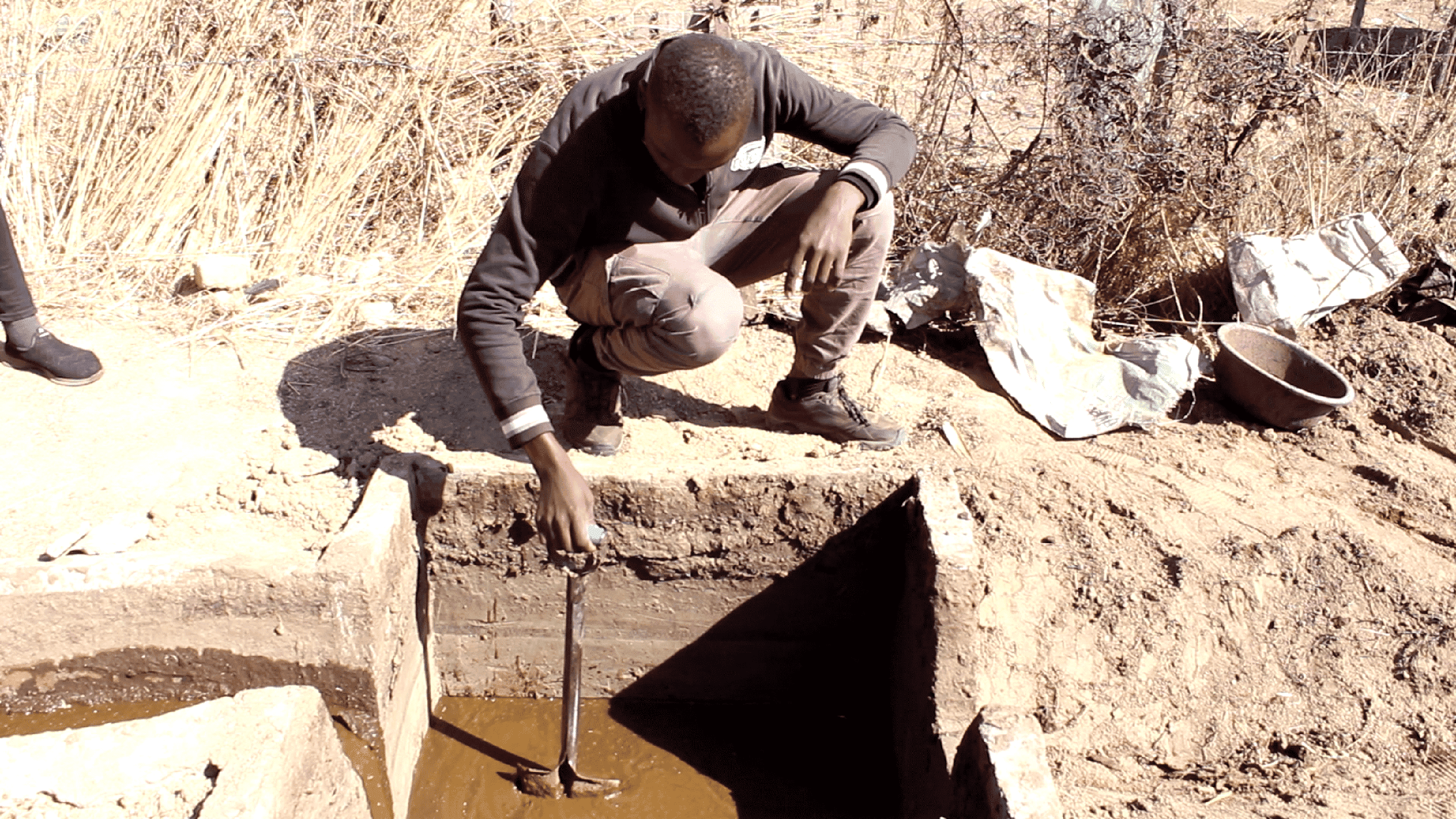Rural pig farmers face challenges with heat energy and waste disposal, impacting women and children who collect firewood. An innovative solution uses pig waste to produce biogas for heat and biofertilizer, offering a safer and sustainable energy alternative. This approach reduces energy poverty and environmental impact, while transforming waste into a valuable resource.
Transforming Pig Waste

Pig production requires high input and effort in heat energy as the production can greatly be affected by poor heat especially the piglets. Hence there is massive consumption of heat to warm the broader however for some farmer that are in rural areas, in non-electrified areas rely on coal poached from Zambia. Pig farmers have a huge challenge in disposing pig waste as there are procedures in the waste hence it in is against Environmental Management Agency (EMA) policies to dispose waste in bushes as pig waste burns vegetation.
Women and children bear the burden of looking for fired wood in rural areas. Due to continued deforestation women and children walk long distances to fetch for firewood. This increase the time for unpaid care work for women and children especially in rural areas and increase the risk of abuse.
The pioneering approach of utilizing pig waste as both a source of heat and biofertilizer stands out for its ingenuity. This method not only offers a sustainable energy solution but also transforms a waste disposal issue into a valuable agricultural resource. In contrast to liquefied petroleum (LP) gas, biogas derived from pig waste is significantly less flammable, providing a safer option for household energy. This innovative solution also plays a crucial role in combating energy poverty, enhancing both safety and sustainability.
The project has now expanded to 6 out of the 10 provinces in Zimbabwe, benefiting 50,000 people both directly and indirectly. There has been a notable reduced carbon emissions, aligning with SDG 5 (Gender Equality) by empowering women and reducing unpaid care work, and SDG 7 (Affordable and Clean Energy), which is essential for agriculture, business, and health sectors. The initiative is actively contributing to changing energy production and consumption patterns to combat climate change. Notably, with 80% of the agents being women, the project recognizes and addresses the specific challenges women face due to unpaid care work.
The initiative boasts a team of trained technicians, including masons (female), builders, and engineers, ensuring the biogas digesters are constructed safely and effectively. The capacity for production is growing as the initiative gains momentum, and it also provides work-related learning opportunities for university students, enhancing their knowledge of clean energy.
Scaling deep: trainings, mentorships, networks supporting growth of communities of practice
Lanforce trains community-based sales agents that are stationed in different communities who then popularize the biogas method to the community. The trained women and the youth are get certificates to be the sales agents in their communities.
Scaling up: policy, planning and legislation that values and invest in solution
Currently the legislation does not specifically favor the use of biogas as there are still so many regulatory requirements for one to be registered and have a license to spearhead innovations around renewable energy. Leveraging on existing policies, there however are advocacy opportunities for renewable energy policies at the national level to prioritize clean energy solutions like biogas.
There are also opportunities to collaborate with relevant ministries (energy, agriculture, environment) to integrate biogas solutions into broader development plans and incorporate clean energy initiatives into rural development strategies to address energy poverty and improve livelihoods.
Scaling out: replication in other contexts, access to infrastructure and resources
The innovation is scalable. It started in Domboshava and has so far been replicated in other areas. The initiative now has a coverage of 6 out 10 provinces in Zimbabwe.
There are advocacy opportunities for renewable energy policies at the national level to prioritize clean energy solutions like biogas.
There are also opportunities to advocate for the subsidizing of renewable energy solutions like biogas at national level to allow low-income earners to also afford the upfront cost of biogas installation hence increasing the market and demand of the same.
Besides that there are opportunities to collaborate with relevant ministries (energy, agriculture, environment) to integrate biogas solutions into broader development plans and incorporate clean energy initiatives into rural development strategies to address energy poverty and improve livelihoods.

